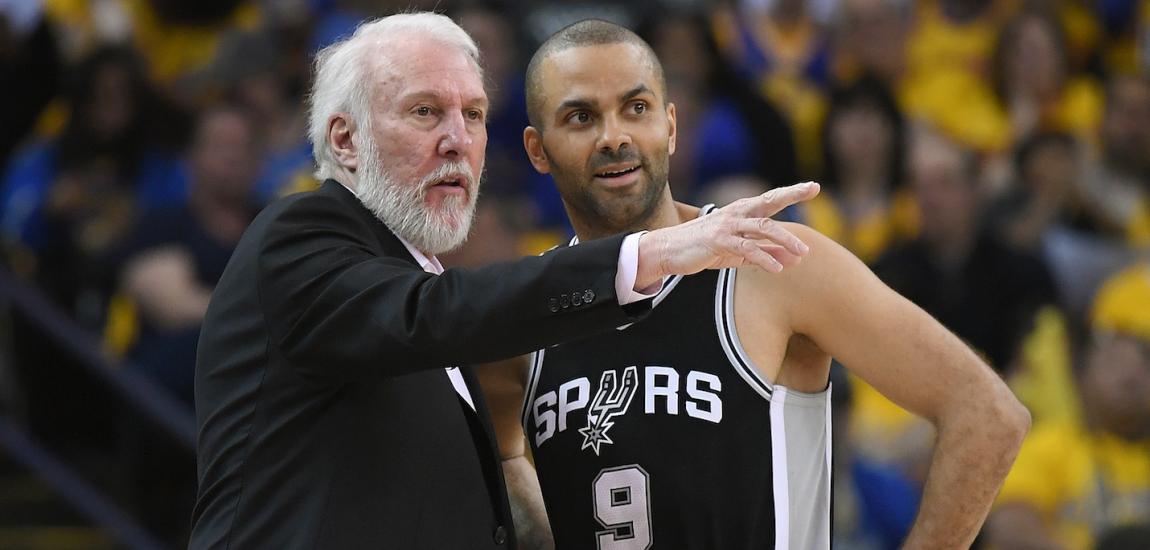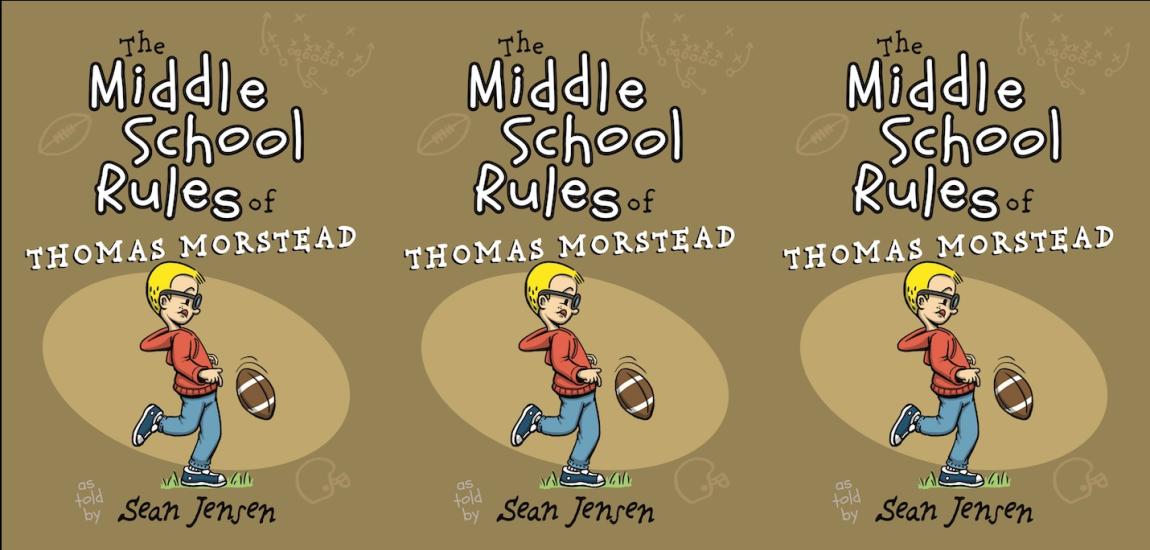The status quo is no longer a tenable strategy for sports organizations and winning cannot be the only reason to head to a stadium. In the struggle for market share, relevancy and revenue, sports organizations must focus on improving areas they can control. The sports strategist is a primary catalyst for the franchises they represent as they navigate change and faciliate innovation in this $750 billion industry. Here is an excerpt from The Sports Strategist: Developing Leaders for a High-Performance Industry.
Andrew Berlin proved that it is better to be good than lucky. On November 11, 2011 at 11:11am, Berlin purchased the South Bend Silver Hawks (now South Bend Cubs), a Single-A Minor League Baseball team then affiliated with the Arizona Diamondbacks. The team was struggling financially and played in an outdated facility, Coveleski Field, so the first-time owner tried to channel the superstitions of the number 11 to help reverse the organization/s fortunes. As it turns out, Berlin needed no such luck; his winning formula started with a synagogue sitting just beyond left field.
Originally opened in 1901, the Sons of Israel Synagogue was the first synagogue ever built in South Bend, Indiana. Located in what was once a bustling downtown neighborhood, membership was healthy for decades, helping spawn five additional synagogues in the area. Over time, new generations of the South Bend Jewish community moved out of the city, and the synagogue's membership began to decline as a result. Since the 1980s, it had gone largely unused. [1]
When Berlin first took over the Silver Hawks (renamed the Cubs in 2014), Jewish community leaders proposed that he find a way to renovate and incorporate the building. After some initial hesitation, Berlin decided to turn the synagogue into the team's store. The project would be more costly than building a new store in a more conventional location such as behind home plate. The owner would have to commit a million dollars to build the team's "Ballpark Synagogue." [2] Refurbishing the synagogue’s historic chandelier would cost $40,000 alone. [3] However, Berlin quickly realized that restoring the chandelier "is representative of what we're trying to do with the Silver Hawks, the stadium and downtown South Bend." [4]

The Ballpark Synagogue has been a resounding success. Fans now identify it as their favorite part of the stadium [5] and merchandise sales are up 50 percent. [6] The store has been the focus of national attention, with a documentary about the synagogue winning an Emmy in 2013. In that same year, Ballpark Synagogue received national landmark status. [7] Ballpark Digest also named Coveleski Field the 2012 Ballpark Renovation of the Year because of the synagogue. Located within a community that has a small Jewish population, the Ballpark Synagogue is "a focal point of the whole experience [in South Bend]. It's a special piece of history," according to Berlin. [8]
While the synagogue has become the team's crown jewel, Berlin has also been relentless in improving the fan experience at the park. To better understand his customers and what they wanted, Berlin surveyed fans on 36 different touchpoints at the stadium, including the smells, the quality of the customer service, and the experience in the parking lot.
Then, as part of his turnaround plan, he and the city invested in upgrading the bleachers to chair-back seats, renovating the upper deck and suites, and adding dedicated areas for families and kids. He even arranged for the team mascot to wear cotton candy-scented cologne. It was all part of Berlin’s goal to “create the best-ever ballpark." [9]

Berlin transformed the franchise’s fortunes by focusing on improving areas that he could control regardless of the Silver Hawks’ win-loss record. In 2012, attendance was up 68 percent. [10] Meanwhile, the team’s record was 67-73. In 2013, attendance climbed another 29.5 percent, [11] and the team sold its stadium naming rights to Four Winds Casino. [12] The team finished the year with an 81-58 record and made the Western League championship, but lost to the Quad City River Bandits in a three-game sweep. After the 2014 season, Berlin said of his intent, "I always want the team to be in first place. But as a business owner, I care more about attendance." [13]
-- Excerpted by permission from The Sports Strategist: Developing Leaders for a High-Performance Industry by Irving Rein, Ben Shields and Adam Grossman. Copyright (c) 2015. Published by Oxford University Press. All rights reserved. No part of this excerpt may be reproduced or reprinted without permission in writing from the publisher. Available for purchase from the publisher, Amazon, Barnes & Noble and iTunes. Follow The Sports Strategist @strategistsport. Co-author Adam Grossman is also president of sports marketing and analytics firm Block Six Analytics.





